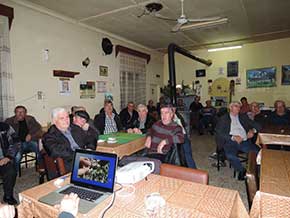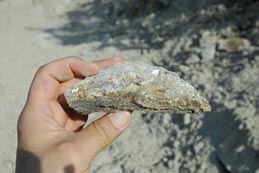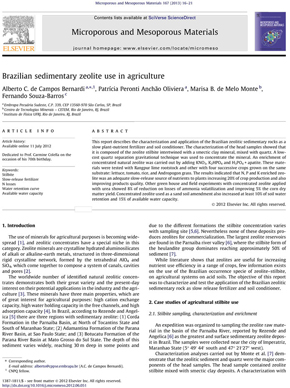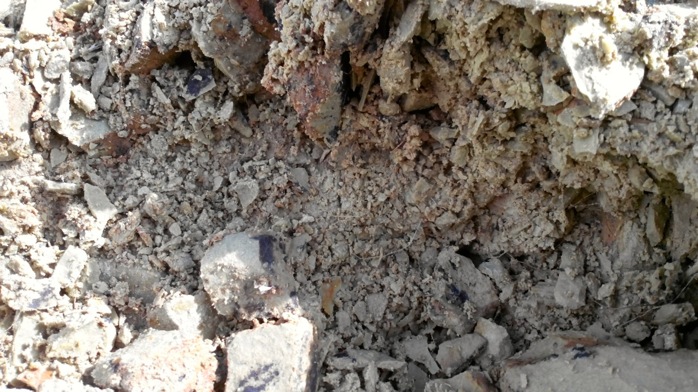A lactating dairy cow experiment was conducted to determine the influence of a ruminal buffer product containing magnesium-exchanged zeolite on ruminal fermentation and lactational performance. The experimental TMR diet consisted of 38% alfalfa hay, 19% corn silage, 14% corn grain, and 30% concentrate mix on a DM basis, and it was fed ad libitum. Thirty primiparous and multiparous lactating Holstein cows (52 ± 23.0 DIM) were assigned to 1 of 3 dietary treatments with 10 cows in each treatment: control (TMR diet without ruminal buffer), TMR diet with 1.4% sodium bicarbonate (SBD), and TMR diet with 1.4% zeolite product (ZD). The experiment was a completely random- ized design performed over 12 wk. Intake of DM was similar (26.5 kg/d) across treatments. Milk yield was similar among the 3 treatments (40.7 kg/d on aver- age), and efficiency (4% FCM/DMI) was not affected by treatments. Milk fat concentration did not differ among treat- ments, whereas milk protein concen- tration tended to be higher for the ZD than for the control and the SBD (P = 0.15). Although feeding the ZD resulted in a tendency of increased milk protein concentration, feed nitrogen (N) effi- ciency for milk N did not differ among the 3 treatments. In addition, milk urea N concentration was not influenced by feeding the ZD. Ruminal pH tended to increase (P = 0.11) when feeding the SBD or the ZD compared with the control. Concentration of ammonia N did not differ among treatments. Feeding the ZD tended to decrease (P = 0.14) total VFA production compared with feeding the control and the SBD, whereas molar proportions of acetate and propionate were not affected by the treatments. The zeolite product used in this study would cost-effectively replace sodium bicarbon- ate as a ruminal buffer additive in a lactating dairy diet, but its efficacy needs to be further assessed when supplemented in a high-concentrate lactating dairy diet whereby animals may experience sub- acute ruminal acidosis.
Source: Academia.edu





